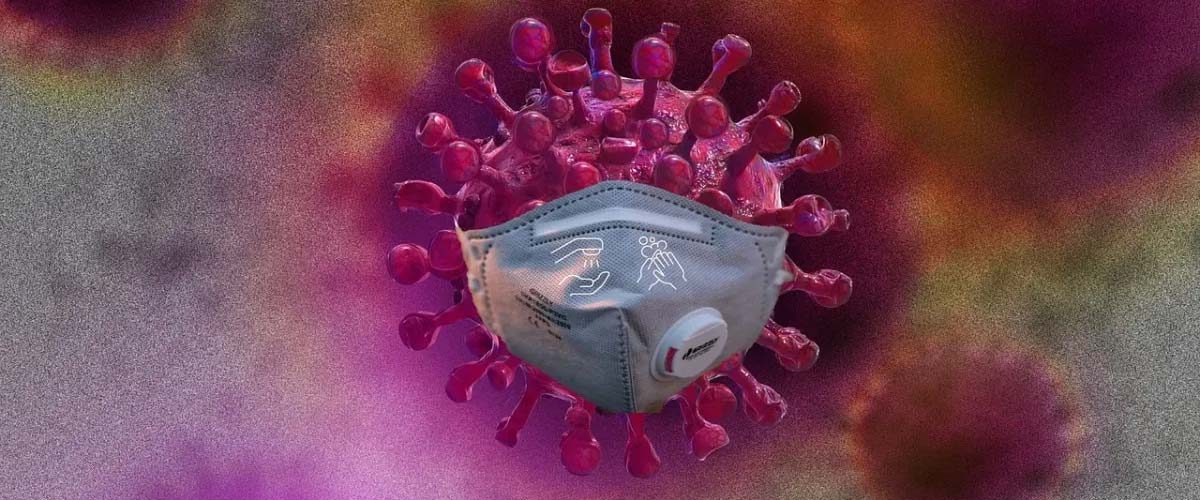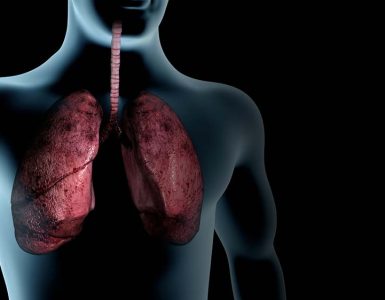To further worsen the situation and overcast the ray of hope amid the COVID-19 pandemic, the highly transmittable delta variant of Coronavirus, also known as B1617.2, has spread to more than 74 countries worldwide – just 6 months after discovery in India. It is thought to be 43% to 60% more transmittable than the previous COVID-19 variants, making it approximately 30% – 100% more infectious than the alpha variant. Here a few concerns regarding its origin, transmissibility, hot-spots, and potential vaccine resistance shall be highlighted.
The SARS-CoV-2 virus-like all many other viruses can potentially mutate allowing to do slightly differ in certain features like transmissibility, and pathogenicity, etc. lately some ‘variants of concern’ (VOC) with the enhanced transmission, reduced vaccine effectiveness, and disease severity have emerged, which are difficult to detect with conventional methods and have deleterious health effects. They are choking the healthcare systems and raising concerns among the masses. So far, the WHO has identified four VOCs: alpha (B.1.1.7), beta (B.1.351), gamma (P.1), and delta.Delta variant is the talk of the town, which was first spotted in India and was named Delta by WHO. It has a double risk of hospitalization as compared to the Alpha variant.
Though validation of the structural analysis is going to take some time, a recent (preprint and non-yet-peer-reviewed) study advocates that 3 mutations in the spike protein of the SARS-Cov-2 could have made the Delta variant more transmissible, by empowering the virus with ease of binding to human ACE2 receptor.
The recent surge of COVID-19 cases in India in early 2021 is blamed on the Delta variant. Clinical epidemiologist Gurdasani believes that in addition to the spread of the mutation, several factors have played a role in the massive spread of the coronavirus in India. He says, “I think it’s been a combination of very late action by governments to put basic public health measures in place and overconfidence that herd immunity had been reached before this,”.
In only 6 months period, it has made its way into the UK (90% of all cases) and the USA (6% of all cases). This variant is now accelerating in Canada too. In the United Kingdom, studies showed that children and adults under 50 were 2.5 times more likely to become infected.
Regarding the effectiveness of Vaccine against the Delta variant, data from Scotland indicated that vaccination with either AstraZeneca or Pfizer reduced hospitalizations and infections, though less than for the Alpha variant. The risk of hospitalization further reduces by 92% to 96 % with twodoses of immunizations by AstraZeneca and Pfizer respectively, according to the analysis by the UK. This reduction isn’t limited to hospitalization, but also some disease symptoms have been seen to reduce. This is why vaccination by 2 doses of either vaccine, is the major public health policy goal right now.
The top symptoms reported due to infection by Delta variant are headache, sore throat, runny nose, fever. A cough is becoming less common and loss of smell is no longer listed in the top 10 common symptoms anymore. Researchers are concerned people may mistake symptoms for a bad cold and avoid quarantine, helping the variant spread.
















Add comment